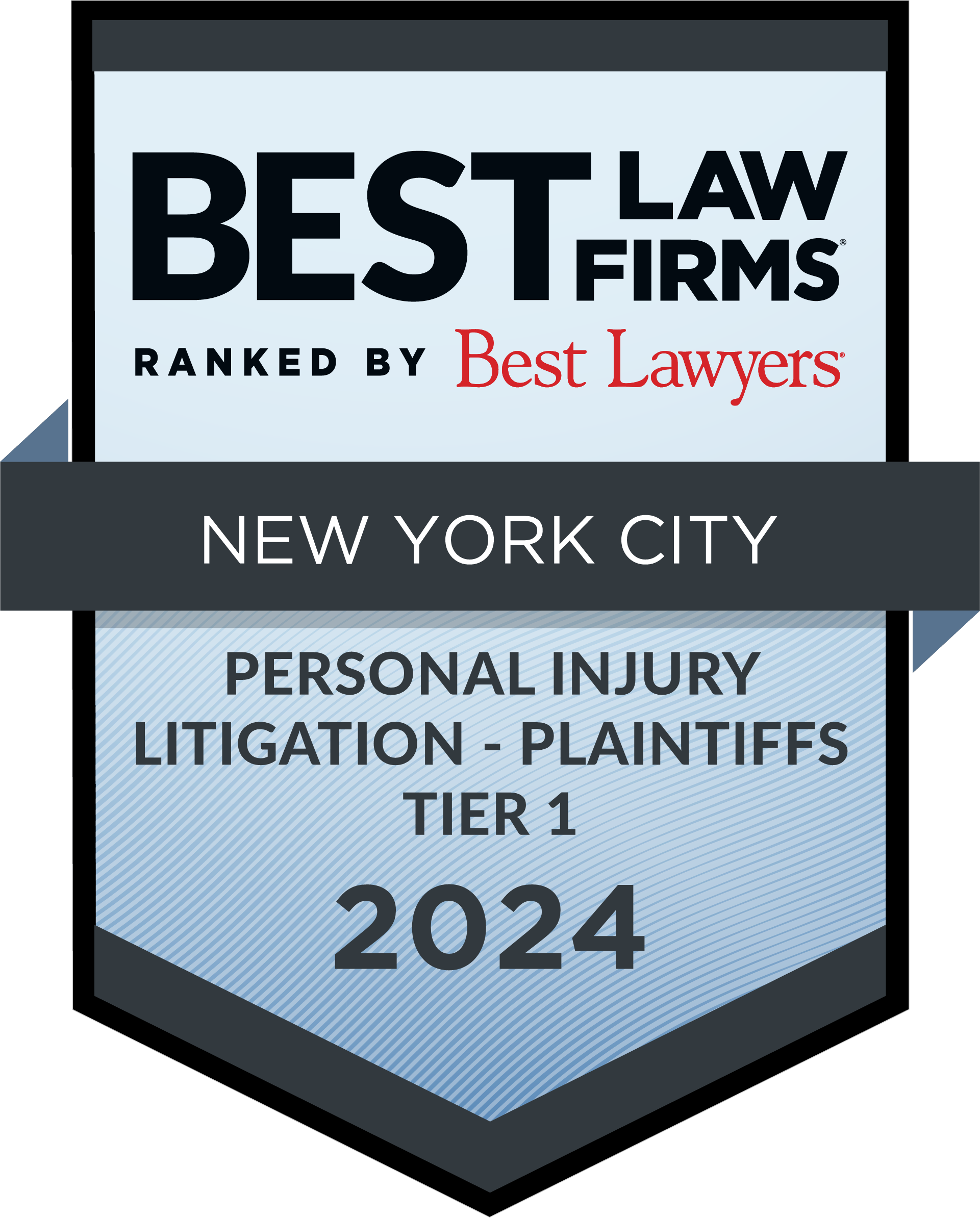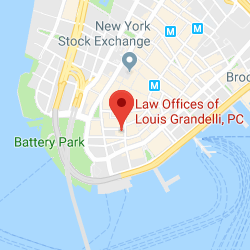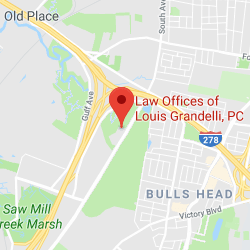It’s already become well known that what you post online may have repercussions beyond what you may expect and in personal injury litigation the truth of that is being seen more and more. Indeed, many clients are surprised to learn the variety of ways their Facebook, Instagram, and Twitter posts, pictures, and messages can become part of their personal injury litigation.
Generally, clients are not surprised to learn that if they publicly post about an accident they were in that the posts could end up being relevant to the case. An example might be a person with a back injury posting photos of him or herself dancing, lifting, carrying, or doing anything else inconsistent with that injury. If someone’s claiming a back injury, and their Facebook profile photo is a recent picture where they are lifting weights, no one is surprised to learn that this can have a negative effect on the case.
However, what clients are often surprised to learn is that, in New York, posts, pictures, and messages may become evidence regardless of what privacy settings they have. Indeed, in Patterson v Turner Const. Co., 88 AD3d 617 (1st Dept 2011), the Appellate Division compared Facebook to a diary stating, ” the postings on plaintiff’s online Facebook account, if relevant, are not shielded from discovery merely because plaintiff used the service’s privacy settings to restrict access, just as relevant matter from a personal diary is discoverable” (citations omitted).
While generally the private nature of the posts means that a judge will comb through the posts in what is known as an in camera review and only turn over to the opposing party what is relevant to the case, what may be relevant can include a wide variety of posts. For example, when a plaintiff is claiming psychological injuries like depression and anxiety as a result of the accident, recent pictures where they are smiling and laughing with friends may become relevant to the case. See Nieves v 30 Ellwood Realty LLC, 39 Misc 3d 63 (App Term 2013).
Another surprise to clients is that it’s not just what is on your page now, things you deleted can come back to haunt you. In Romano v Steelcase Inc., 30 Misc 3d 426, 434 (Sup. Ct. 2010), the court ordered that the plaintiff turn over authorizations to the defendant that would allow them to contact Facebook and MySpace for the purpose of getting access to the plaintiff’s deleted online material.
Although it is important to note that private and past social media postings can become evidence in a case, it is not something defendants get automatic access to. If you have privacy settings in place and there is nothing that the public can see showing anything relevant to the case, then defendants are not going to get automatic access. It’s only if the defendant’s attorneys first see something on your page, such as the person with a back injury lifting weights, that they are given the right to access these pages.
Even though defendants do not have automatic access to your profile, we recommend that if you are contemplating making a claim that you should cease posting online and consider taking down any online profiles until you speak with an attorney. If you decide to go forward with a potential claim, our attorneys have experience with these type of issues and can help guide you to ensure that you maintain your privacy and receive a maximum recovery.




















